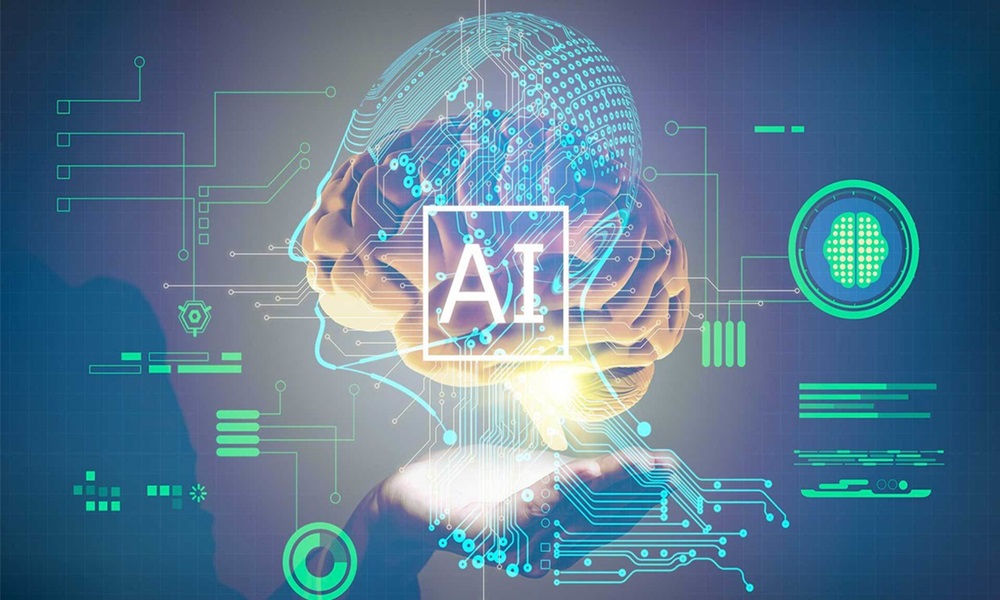
Artificial intelligence (AI) is revolutionizing business in today’s data-driven, fast-paced environment. Artificial intelligence (AI) has an unquestionable influence on many facets of corporate operations, from chatbots for customer care to predictive analytics. Making decisions as a manager is one of the most revolutionary uses of AI. Ethical issues have gained attention as businesses depend more and more on AI to improve efficiency, streamline operations, and make data-driven choices. This blog examines ethical principles of managerial decision-making driven by AI, highlighting important issues that companies need to deal with to guarantee the appropriate and ethical application of this potent technology.
The Rise of AI in Management
AI’s role in management has increased dramatically in the last several years. Huge amounts of data can be analyzed by machine learning algorithms, which can also spot trends and forecast outcomes that help with strategic decision-making. AI-powered solutions help with financial forecasts, supply chain optimization, recruiting, and performance review, among other things. AI is becoming a more appealing alternative for businesses of all sizes due to its promise of improved decision-making, lower costs, and enhanced productivity.
But there is a great responsibility that goes along with power. It is impossible to overlook the significant ethical issues raised by the use of AI in management decision-making.
Transparency and Accountability
The lack of transparency associated with AI-powered decision-making is one of the main ethical concerns. Deep learning-based AI algorithms, in particular, can be extremely complex and challenging to interpret, making AI a “black box” that makes it difficult for managers and stakeholders to comprehend the way decisions are made. When AI is used to make important decisions, like hiring or promotions, the lack of transparency can cause mistrust among employees and raise questions about fairness.
Businesses need to give transparency in their AI systems top priority to solve this problem. This involves giving concise explanations of the criteria AI systems employ to make judgments as well as the way they operate. There should also be accountability measures in place. There should be a mechanism to track the process of decision-making and hold the relevant people accountable if an AI system makes a questionable conclusion.
Privacy and Data Security

Data plays a critical role in AI-powered managerial decision-making. Sensitive data regarding clients, staff members, and other stakeholders is frequently included in this data. Many privacy and data security issues are brought up by the usage of AI, especially in relation to the collection, storage, and utilization of data.
Companies need to make sure that they have strong data security protocols in place to preserve people’s privacy. This involves getting people’s express agreement before using their personal information for AI-driven decision-making and adhering to applicable data protection laws, such as the General Data Protection Regulation (GDPR) in Europe. Furthermore, businesses have to provide people the choice to refuse data gathering if they decide to do so and be open and honest about the ways in which they gather, utilize, and retain data.
The Human-AI Collaboration
The use of AI in decision-making can be beneficial, but it’s important to keep in mind that technology should supplement human judgment—not take its place. Insights and suggestions that assist managers in making more informed choices should be the primary function of AI in management. But human managers, who are able to assess the ethical consequences of their decisions and take into account the bigger context, should always have the last say in decisions made.
The risk of relying too much on AI is one ethical dilemma. Managers risk losing interest in the way decisions are made and neglecting to use their critical thinking abilities if they start to rely too much on AI-driven advice. This could cause an argument between management and staff as well as a lack of responsibility.
Companies can encourage an ethic of human-AI cooperation to solve this, where AI is viewed as a tool to support human decision-making rather than as a replacement for it. The development of appropriate AI use in management may also be significantly helped by training initiatives that educate managers on AI’s capabilities and limits.
The Impact on Employment
The use of AI in managerial decision-making has caused concern about its influence on jobs. As artificial intelligence takes over tasks that were previously handled by people, there is concern that employment will be lost and labour markets will become increasingly mechanized. This is especially troubling in sectors like hiring, where AI-powered technologies may be used to evaluate candidates, potentially resulting in job losses in human resources departments.
While AI might likely cause job relocation, it is equally crucial to acknowledge that AI has an opportunity to provide new possibilities. Employees may focus on more innovative and strategic parts of their work now that everyday tasks are computerized. There will also be new employment opportunities in AI development, maintenance, and monitoring.
In order to address the ethical concerns of AI in the workplace, businesses should prioritize reskilling and upskilling their employees. Organizations may guarantee that their staff is relevant and engaged by providing them with the appropriate training to quickly adjust to the changing technology world.
Ethical AI Governance

Finally, the ethical application of artificial intelligence in managerial decision-making necessitates a robust governance framework. This involves defining explicit ethical rules for AI usage, developing oversight mechanisms for tracking AI systems, and ensuring that AI-driven choices are consistent with the company’s core beliefs and ethical principles.
Organizations might want to think about developing AI ethics committees, which bring together stakeholders from various divisions to study and assess the ethical consequences of AI-powered decision-making. These committees may play a significant part in ensuring that AI is utilized properly and that any hazards are identified and handled.
Conclusion
While there are many advantages to using AI to drive managerial decision-making, there are also essential ethical issues that need to be resolved. Businesses may leverage AI while making sure that their choices are ethical and responsible by emphasizing openness, justice, privacy, and human-AI cooperation. Businesses must continue to be alert and dedicated to moral behaviour that safeguards the interests of all parties involved as AI develops.





